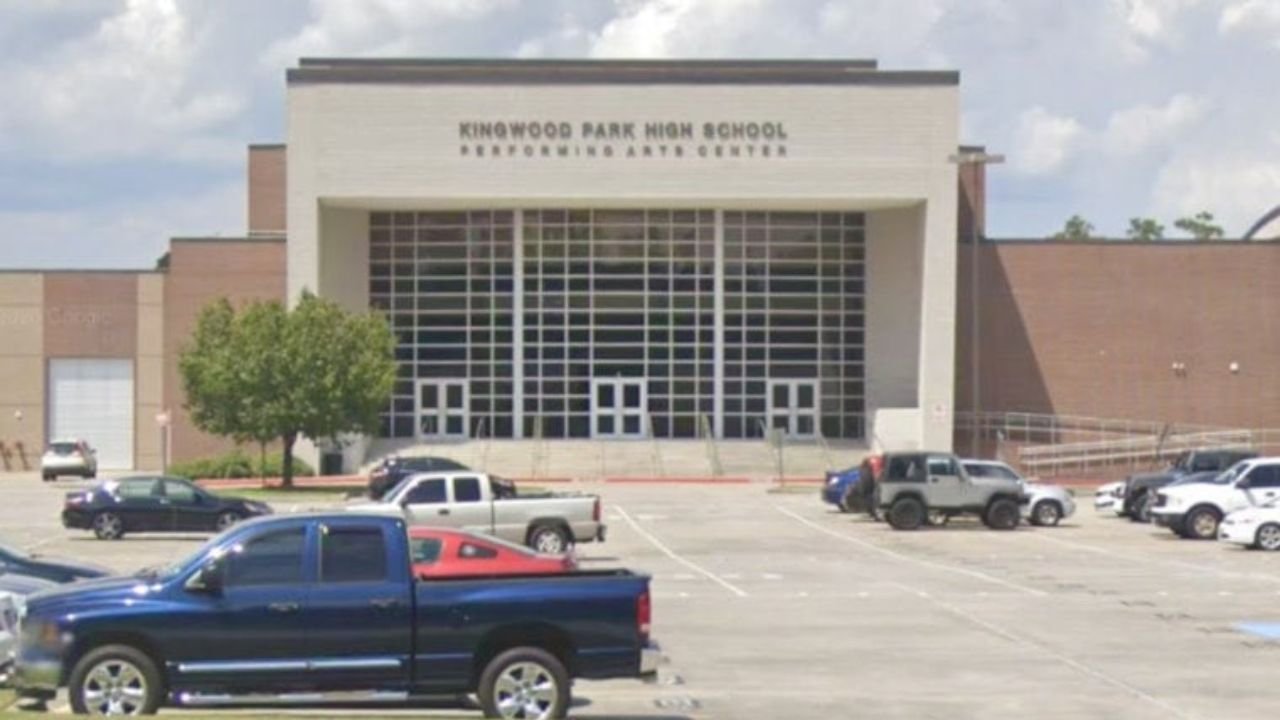ILLINOIS — In a controversial and deeply divisive vote, Congress has passed President Donald Trump’s flagship legislation — the so-called “Big Beautiful Bill” — with far-reaching implications for Illinois families, healthcare access, food security, and clean energy.
The bill narrowly passed the House on a 218-214 vote, setting the stage for a new era of tax cuts, social program reductions, and deregulation that Trump has branded as “streamlined American economics.” But critics say the impact on working-class Americans could be devastating.
Medicaid Work Requirements Could Slash Coverage
One of the most significant provisions of the bill is the imposition of strict work requirements on Medicaid recipients. In Illinois alone, over 500,000 residents could lose coverage, according to estimates cited by Governor JB Pritzker.
The governor warned that rural hospitals may be forced to shut down due to reduced federal reimbursement, a change that would dramatically affect access to healthcare in communities already struggling to retain medical staff.
SNAP Benefits Slashed — 427,000 Illinoisans at Risk
Another major flashpoint is the bill’s projected $186 billion cut to SNAP (food assistance) over the next decade. Local officials estimate that this could strip benefits from 427,000 Illinois residents, making it harder for low-income families to access basic nutrition.
Opponents of the bill have dubbed the move “trickle-down cruelty,” accusing Trump and Republican leaders of balancing tax cuts for the wealthy on the backs of the poor.
Tax Relief for Some, But Deficit Grows
The legislation does include permanent tax cuts for certain groups — especially older Americans earning under $75,000, tipped workers, and those earning significant overtime. Trump has celebrated these measures as a win for working Americans.
However, critics argue that wealthier households and corporations will benefit disproportionately, while the national deficit is expected to balloon by $3.3 trillion over the next 10 years.
Green Energy Incentives Eliminated
Illinois households are also expected to see higher power bills as the bill cuts key tax credits that supported green energy adoption. The Citizens Utility Board has warned of an increase in utility rates once incentives expire at the end of the year.
“This is a step backward for energy affordability and sustainability,” the board said, noting that low-income families will be hit hardest.
Illinois Democrats Slam the Bill
Illinois congressional Democrats have been outspoken in their opposition, including U.S. Rep. Hakeem Jeffries, who delivered an eight-hour speech condemning the legislation.
“It’s a crime scene — going after the health, safety, and well-being of the American people,” Jeffries said, calling the bill a gift to the rich and a blow to everyday citizens.
What Comes Next
Trump is expected to sign the bill with much fanfare, but analysts warn that legal challenges and policy reversals could follow — especially if Democrats regain power in Congress or the White House.
In the meantime, Illinois families, especially those relying on Medicaid, SNAP, or energy assistance, may begin feeling the effects within months.
What do you think?
Is the “Big Beautiful Bill” economic progress or a step toward deeper inequality? Tell us how this legislation could impact your family or community in the comments on ChicagoSuburbanFamily.com.











